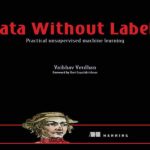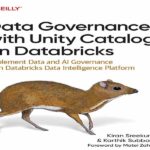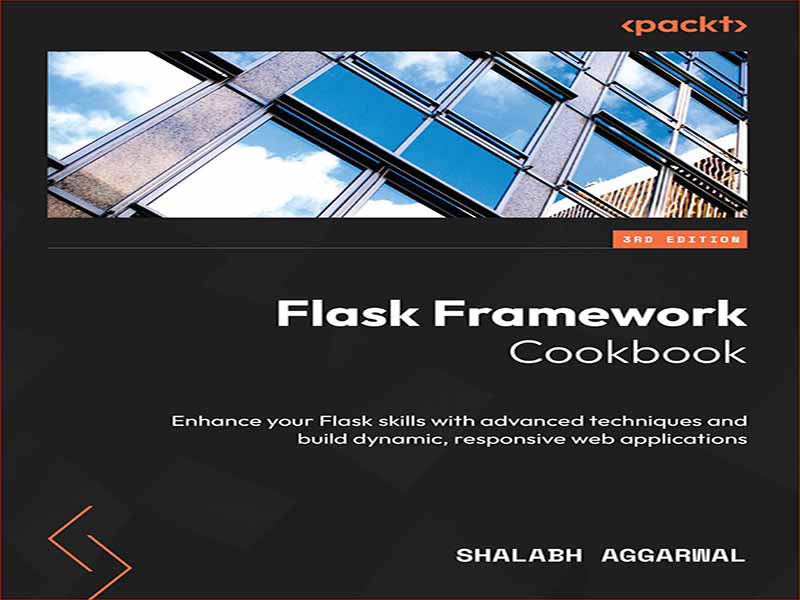- عنوان کتاب: Flask Framework Cookbook
- نویسنده: Shalabh Aggarwal
- حوزه: برنامه نویسی پایتون
- سال انتشار: 2023
- تعداد صفحه: 318
- زبان اصلی: انگلیسی
- نوع فایل: pdf
- حجم فایل: 9.76 مگابایت
Flask، چارچوب وب سبک وزن پایتون، به دلیل طراحی ماژولار قدرتمندی که به شما امکان می دهد برنامه های وب مقیاس پذیر بسازید، محبوب است. با این راهنمای مبتنی بر دستور العمل، راهحلهای مدرن و بهترین روشها برای ساخت برنامههای وب با استفاده از Flask را بررسی خواهید کرد.
این نسخه سوم از Flask Framework Cookbook که به آخرین نسخه Flask 2.2.x و Python 3.11.x بهروزرسانی شده است، از برخی از کتابخانههای قدیمی و منسوخ فاصله گرفته و دستور العملهایی را در مورد فناوریهای پیشرفته معرفی میکند. راههای مختلف استفاده از Flask برای ایجاد، استقرار و مدیریت میکروسرویسها را کشف خواهید کرد.
این کتاب شما را با تعدادی دستور العمل آشنا می کند که به شما در درک قدرت Flask و پسوندهای آن کمک می کند. شما با کاوش در تنظیمات مختلف که یک برنامه Flask می تواند از آنها استفاده کند، شروع خواهید کرد. از اینجا، قبل از یادگیری در مورد ORM و مشاهده لایه ها، که به عنوان پایه و اساس برنامه های کاربردی وب عمل می کنند، نحوه کار با قالب ها را یاد خواهید گرفت. سپس، پس از یادگیری تکنیک های مختلف احراز هویت، نحوه نوشتن API های RESTful با Flask را یاد خواهید گرفت.
همانطور که به جلو می روید، یاد خواهید گرفت که چگونه یک رابط مدیریت بنویسید و به دنبال آن خطاهای اشکال زدایی و ثبت در Flask را خواهید آموخت. شما همچنین یاد خواهید گرفت که چگونه برنامه های خود را چند زبانه کنید و بینشی در مورد تکنیک های مختلف تست به دست آورید. با تکنیک های مختلف استقرار و پس از استقرار در پلتفرم هایی مانند Apache، Tornado، NGINX، Gunicorn، Sentry، New Relic و Datadog آشنا خواهید شد. در نهایت، با ابزارهای میکروسرویس محبوب مانند Docker، Kubernetes، Google Cloud Run و GitHub Actions آشنا خواهید شد که می توانند برای ساخت سرویس های بسیار مقیاس پذیر استفاده شوند.
فصل جدیدی در مورد آخرین فناوری که امروزه موج می زند – یعنی GPT اضافه شده است. در اینجا، با برخی از پیادهسازیهای ساده و ابتدایی و در عین حال قدرتمند GPT برای ساخت فیلدهای تکمیل متن خودکار، رباتهای گفتگو و نسلهای تصویر مبتنی بر هوش مصنوعی آشنا میشوید. قبل از اینکه کتاب را کامل کنید، با چند نکته و ترفند اضافی آشنا خواهید شد که برای رسیدگی به موارد استفاده خاص، مانند جستجوی متن کامل، ذخیره سازی حافظه پنهان، ایمیل و عملیات ناهمزمان مفید خواهد بود.
در پایان این کتاب، شما تمام اطلاعات مورد نیاز برای استفاده بهینه از این میکروفریمورک باورنکردنی، نوشتن برنامه های کاربردی کوچک و بزرگ و مقیاس بندی آنها با شیوه های استاندارد صنعتی را خواهید داشت.
اگر شما یک توسعه دهنده وب هستید که می خواهید درباره توسعه برنامه های کاربردی مقیاس پذیر و آماده تولید در Flask اطلاعات بیشتری کسب کنید، این کتاب برای شماست. حتی اگر قبلاً از برنامه های افزودنی اصلی Flask آگاهی داشته باشید و بخواهید از آنها برای توسعه برنامه بهتر استفاده کنید، این کتاب را نیز مفید خواهید یافت. اگر بخواهید به سرعت به هر موضوع خاصی در Flask، هر یک از پسوندهای محبوب آن یا برخی موارد استفاده خاص مراجعه کنید، این کتاب می تواند مفید باشد. تجربه اولیه برنامه نویسی پایتون همراه با درک درستی از توسعه وب و اصطلاحات مرتبط با آن فرض شده است.
Flask, the lightweight Python web framework, is popular due to its powerful modular design that lets you build scalable web apps. With this recipe-based guide, you’ll explore modern solutions and the best practices to build web applications using Flask.
Updated to the latest version of Flask 2.2.x and Python 3.11.x, this third edition of Flask Framework Cookbook moves away from some of the old and obsolete libraries and introduces recipes on bleeding-edge technologies. You’ll discover different ways of using Flask to create, deploy, and manage microservices.
This book takes you through a number of recipes that will help you understand the power of Flask and its extensions. You will start by exploring the different configurations that a Flask application can make use of. From here, you will learn how to work with templates, before learning about the ORM and view layers, which act as the foundation of web applications. Then, you will learn how to write RESTful APIs with Flask, after learning various authentication techniques.
As you move ahead, you will learn how to write an admin interface, followed by debugging and logging errors in Flask. You will also learn how to make your applications multilingual and gain insight into the various testing techniques. You will learn about the different deployment and post-deployment techniques on platforms such as Apache, Tornado, NGINX, Gunicorn, Sentry, New Relic, and Datadog. Finally, you will learn about popular microservices tools, such as Docker, Kubernetes, Google Cloud Run, and GitHub Actions, that can be used to build highly scalable services.
A new chapter has been added on the latest technology that is making waves nowadays – that is, GPT. Here, you will learn about some simple and basic yet powerful implementations of GPT to build automated text completion fields, chatbots, and AI-powered image generations. Before you complete the book, you will learn about some additional tips and tricks that will be helpful to handle specific use cases, such as full-text searching, caching, email, and asynchronous operations.
By the end of this book, you will have all the information required to make the best use of this incredible microframework, writing small and big applications and scaling them with industry-standard practices.
If you are a web developer who wants to learn more about developing scalable and production-ready applications in Flask, this is the book for you. You’ll also find this book useful even if you are already aware of Flask’s major extensions and want to use them for better application development. This book can also come in handy if you quickly want to refer to any specific topic on Flask, any of its popular extensions, or some specific use cases. Basic Python programming experience along with some understanding of web development and its related terminology is assumed.
این کتاب را میتوانید بصورت رایگان از لینک زیر دانلود نمایید.
Download: Flask Framework Cookbook





































نظرات کاربران